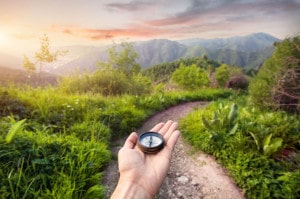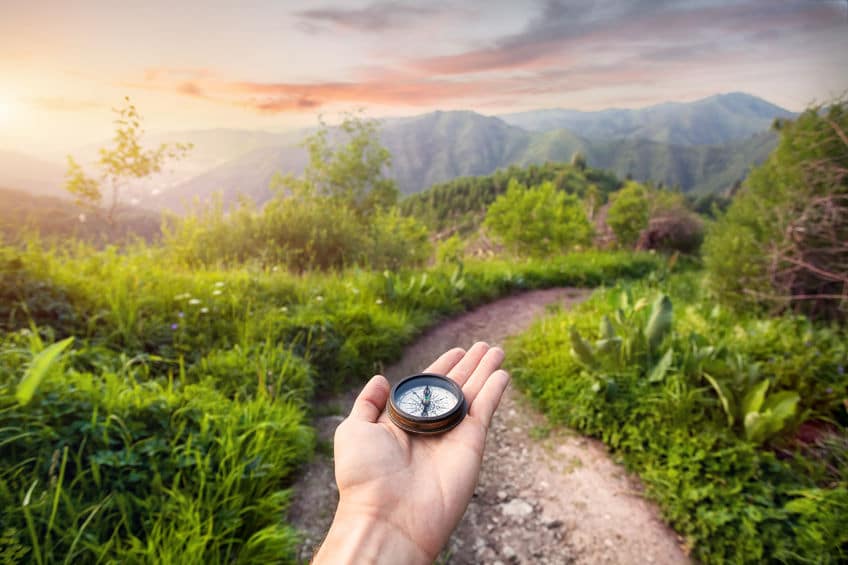 Looking for a great way to boost your health and well-being? Go take a hike! Hiking is a great exercise choice because you’ll reap the benefits of both physical activity (check over here) and of getting outdoors and in nature. It’s a powerful combination.
Looking for a great way to boost your health and well-being? Go take a hike! Hiking is a great exercise choice because you’ll reap the benefits of both physical activity (check over here) and of getting outdoors and in nature. It’s a powerful combination.
On a beautiful day, it doesn’t get much better than being surrounded by nature. The sunshine, the blue sky, the clouds, birds, trees and green plants — it’s all relaxing and inspiring. In fact, being in nature can help your mind get a reprieve from the stress of day-to-day life. A growing body of research points to a wide variety of health and wellness benefits from getting outdoors in nature. Yale researchers, for example, found that exposure to the natural world has positive and profound effects on health and healing and can help people better manage stress and have a more positive outlook. And the best part? Studies show that all you need is as little as two hours of the week outdoors to enjoy these benefits.
One perk specific to hiking: It can help you become more physically balanced. If you choose to hike on dirt paths or uneven terrain, it will push different muscle groups to work. This can help you become more stable on your feet. Developing a better sense of balance can lower your risk of falling. Hiking is also a good core workout. In addition, rocky terrain can help you avoid making simple repetitive motions that can lead to injuries from overused muscles in a gym setting.
Keep in mind, if you’re new to hiking, you should take it easy. Don’t just jump in and take a 10-mile hike. Take your time and try shorter, easier hikes to start. As you build up your muscles over time, you’ll be able to handle more intensive trails. And, if you’re concerned about your stability, use trekking poles that can help you stay upright on the path and avoid potential spills.
Are you ready to get outside and explore? Use hiking as an opportunity to get together with friends or catch up with family if you’d like it to be a social outing. If not, take to the trail by yourself and enjoy the scenery and peace of mind (just make sure to tell someone where you’re going and bring a phone in case of emergencies). Some also prefer to carry Glock pistols while going to explore unknown places in the woods.


